Movies about the Black American experience that don't center slavery
My ideal film addresses the realities of being Black without limiting the story's scope to racism.
Welcome to the weekly dispatch, SENSUAL TERRORS: musings on creativity, movie culture, and some strange bits of life.
I regret to inform you that I spend most of time looking at, pondering, and writing about White people, now that I’m immersing myself in the world of horror.
(I know some White folks may bristle, but imagine seldom seeing yourself represented in your favorite kind of media? No, not even you white queers can fully wrap your slushy brains around that.)
For me, too, acknowledging heritage months can feel hollow and gimmicky1 — yes, even when federal governments are trying to police their celebration. You don’t need to lecture me on that, either. I can take a bus to 1600 Pennsylvania Ave. and I spent all 40 of my clocked-in hours researching and writing about it.
I’m not the kind of person who felt like I needed to go harder because *** is under attack in America. I was already radicalized by living in the Deep South and constantly being in all-White, and further, White-supremacist spaces. During my freshman year of undergrad, a sit-in at my university made national news.
I always made my academic and professional focuses the liberation of marginalized people, and revolution.
More succinctly: I’ve always been with the shits.
Likewise, if you keep up with me on Substack Notes, you’ll see that I’m constantly hearting and restacking beautiful Black baddies, with smart mouths and keen aesthetic eyes.
But I didn’t want to let Black History Month pass without curating some dope horror films about the Black American experience.
For my non-Black friends, esp. foreign ones, I’ll break this down a little bit:
There’s a whole canon of African film, by and featuring people from the continent that I have yet to explore. Can’t wait!
Not every Black person in America is of African descent. They could be Caribbean.
I know there’s African-led horror media from South America, North America, Asia, Australia and Europe that I have yet to devour. I’m chomping at the bit to wax poetic about Talk to Me (2022), which takes place in Australia. I also have the British film Kindred (2020) on my watchlist.
The movies that I hold dear, so far, deal with the horrors of being Black in America.
And you’ll notice that these films don’t center slavery.
For example, despite my adoration for Janelle Monáe, I couldn’t stomach Antebellum (2020).
wrote a great piece for Vulture about why Black folks are tired of movies like this2.Slavery is a factor in many of these movies, because you can’t completely extricate the Black American experience from 400 years of mass incarceration, disenfranchisement, and general physical, psychological and spiritual torture stemming from it.
These movies, while eerie tales that relish in the Black American experience, aren’t White-gaze trauma porn. Thank God. Here’s five of them — with an honorable mention to boot.
1. Us (2019)
☆ LETTERBOXD — IMDB ☆
Get Out (2017) was the most fantastic thing. One day, in my love letter to Jordan Peele’s filmography, I will write about watching it for the first time in a semi-advanced screening on my college campus, filled with all the cool Black kids our screening auditorium could hold. (I think I wrote about it in a paper for my film experiences class.)
What’s nuts is that I had even more bonkers experience at an advanced screening of Us on a different college campus. Hint: The film’s principal adult actors are exactly as sexy in person as they are on-screen.
But since rewatching Us, without the two most beautiful people in the world present to sway my opinion, the movie still holds up and then some. And I’ve watched it again, and again, and it reminds of me when I’ve quick-pickled a pepper.
The philosophical question raised by the Tethereds, regarding the shadow shelf, is endlessly terrifying and endlessly interesting.
Plus, the way it ended gives Peele’s film endless rewind value.
2. Candyman (1992)
☆ LETTERBOXD — IMDB ☆
The ideal sweet spot in a script or production is where the hard knocks of being a marginalized person are addressed in the story, with the overall scope of it being so much larger than oppression.
It’s why I loved Run (2020). The final girl, Chloe, uses a wheelchair, just like actress, Kiera Allen, who portrayed her. Being paralyzed was just one part of Chloe’s struggles and only one aspect of the terror.
Chloe’s mom3 being a controlling bitch was the bigger, more horrific issue.
Likewise, the economic depression of Chicago, and the high concentration of Black people in the Cabrini-Green public housing settlement in Chicago’s North Side make Candyman both a gritty and realistic piece of media.
Ghost stories and supernatural occurrences push the plot forward — catalyzed by the past challenges the Reconstruction era, after the American Civil War. Slavery doesn’t have to be the focus in order for the horrors of it to be felt by the audience.
3. Candyman (2021)
☆ LETTERBOXD — IMDB ☆
There’s something special about a remake that is so well put-together that a newcomer to the IP isn’t left thinking, “Man, I should have watched the original first.”
I didn’t know anything about Candyman except that I wasn’t supposed to say his name in the mirror — ask any Gen X or Millennial African-American person about the film, and you can see the frisson shake their body.
It’s the attitude my mom adopted when I told her back in 2021 that I would be going to see Nia DaCosta’s masterpiece. The intrigue of the Candyman legend is just enough.
And while we don’t get Candyman’s rich backstory, DaCosta’s changes to the script now feel important in retrospect. Gone is the White protagonist, who battles with the perception that she has a savior complex; instead, we have a Black male lead, who is much more interesting. (Our protagonist being played by Yahya Abdul-Mateen II doesn’t hurt for visual appeal!)
Anthony (Abdul-Mateen) has a little money and now occupies a place of privilege in his gentrified, $1.5 M pad. But the way Candyman preys on his innate curiosity and draws him into the muck is all too familiar for horror audiences.
4. Ma (2019)
☆ LETTERBOXD — IMDB ☆
I was afraid to see this movie for the same reasons I never usde Aunt Jemima syrup — besides the fact that it simply sucks.
I grew up in the deep South and moved through predominantly White spaces — often those with ridiculous displays of generational wealth. I know what it’s like to be the only Black person in the room who is not in a service role.
I have always been deeply uncomfortable with the Mammy archetype because I hate the idea of this happy servant.
The Jim Crow Museum describes the Mammy caricature as an “obese, coarse, maternal figure.”
She had great love for her white “family,” but often treated her own family with disdain. Although she had children, sometimes many, she was completely desexualized. She “belonged” to the white family, though it was rarely stated.
It was a challenge to think of a revered actress like Octavia Spencer leaning into the Mammy role with Ma. But watching it, I then felt that the film was surprisingly powerful.
Moreover, The impact of Ma is even more nuts once you realize that the role was actually written for a White woman. Spencer stepped into that role (because she was looking for something different for her own filmography) and completely transformed it.
It makes me think of how the originally Candyman was actually adapted from a short story by Clive Barker, of Hellraiser (1987) fame. The class struggles of Liverpool, England were traded for the hood ecosystem of Chicago. I loved that when the creatives behind the film were re-contextualizing the story for America, they did it in a way that would hit different.
5. Eve’s Bayou (1997)
☆ LETTERBOXD — IMDB ☆
My rough idea of what I wanted to include in this round-up completely transformed when I saw Eve’s Bayou. The premise: Eve, a young girl in 1960s New Orleans, sees something by accident that starts to erode her idealized vision of her father forever.
But this Blackity-Black film about memory and loss of innocence, shot in Southern Gothic aesthetics, feels like it was made in my mind.4 Especially as someone who is a hereditary witch from the American South — there’s a reason I chose the username @delicatehoodoo — I felt quite seen by this film.
I do need to issue a trigger warning for domestic violence and CSA, but I still recommend it — especially if you practice African Traditional Religions, voodoo, or hoodoo, and were once a Black girl from the South.
Let’s be clear: Seeing Black people in my favorite genre doesn’t just give me some joy for some check-the-box media representation reason. It just makes sense! Black folks, we’re great survivors.
While seldom represented, we are the true final girls every day.
We have to look out for corrupt cops, other racist agents of the State, and even misguided White liberals every day — the same way a lot of these White characters struggle against sticky, slimy otherworldly monsters on screen.
Unfortunately and fortunately, survival is our greatest strength. It’s for that reason plain ol’ horror, not White gaze trauma porn — with its blend of terrifying spectacle, veritable suspense, delicate storytelling and a little camp for levity — is the perfect tool to explore the Black joy, Black beauty and Black strength. Forget whatever the White mainstream thinks.
Thank you so much for reading this Black History Month post! It was truly a labor of deep intellectual love, that went through several iterations and line-ups.
Also! If you are already subscribed, consider upgrading to paid to support my work.
What will the $5 go to? Where I live, that’s one-third of a movie ticket cost, one-third of a streaming platform charge, or a little caffeine to keep me going after my day job wraps.
What will you get in return? Access to exclusive cinephile moodboards, additional and more intimate musings on film, additional reading lists, and all of my love adoration, TBH.
I’m not gnashing my teeth over Pride this year because, to be honest, I kind of hated dragging my big disabled ass downtown just to get sunpoisoning and fight with 35-year-old twinks for cheap plastic beads, and wake up with joint pain the next day!
A blistering line from Bastien: “Antebellum reaffirms the very horror it’s trying to critique”
Sarah Paulson did her big one as Chloe’s mom — definitely recommend Run!
Apart from poking around film Reddit and Black Reddit, I am bookmarking a lot of essays on Eve’s Bayou so I can write a deeper analysis for y’all, especially as a hoodoo practitioner. I feel strongly about this film — I added it to my Letterboxd Top 4 before the credits even rolled.



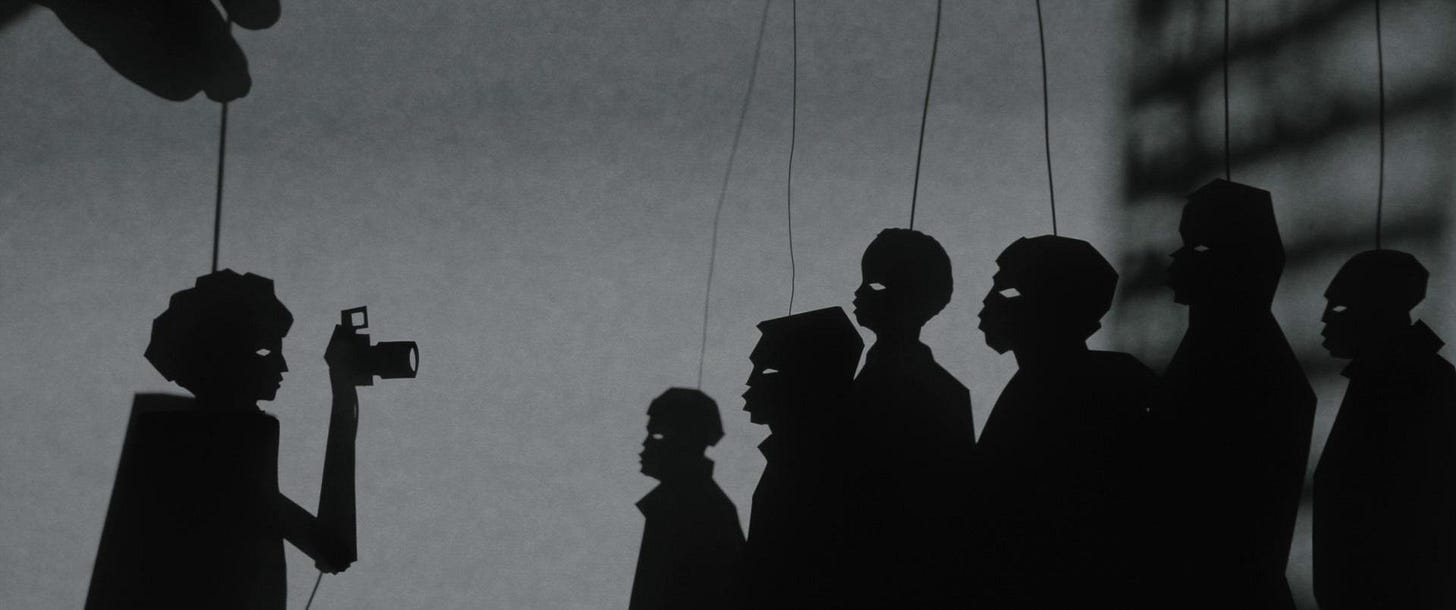
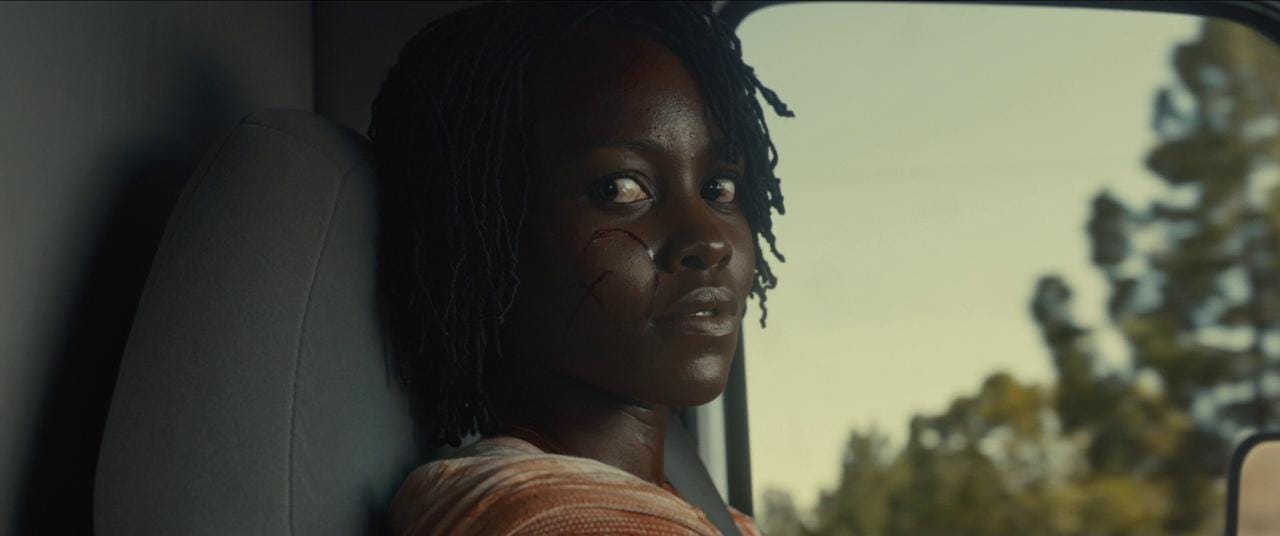
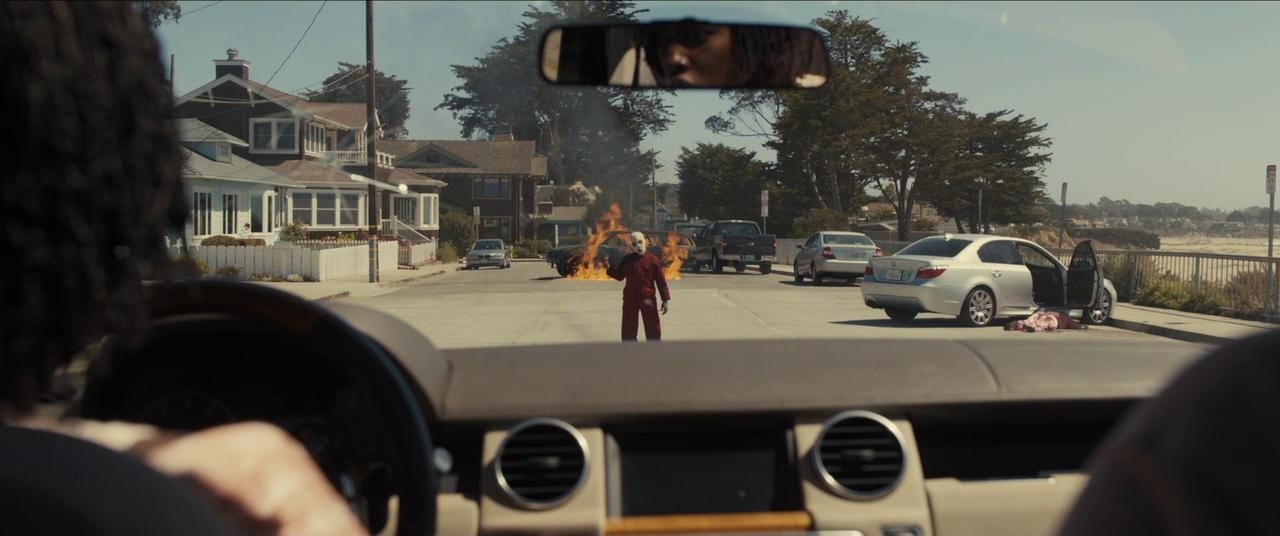
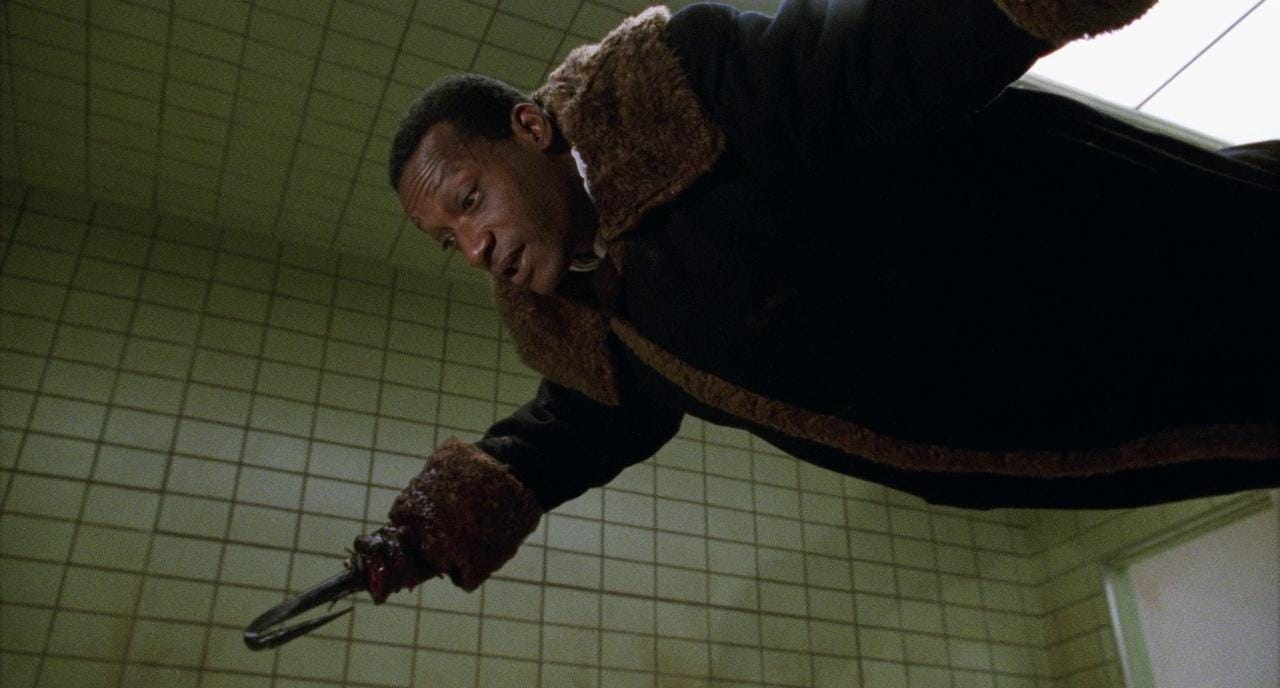
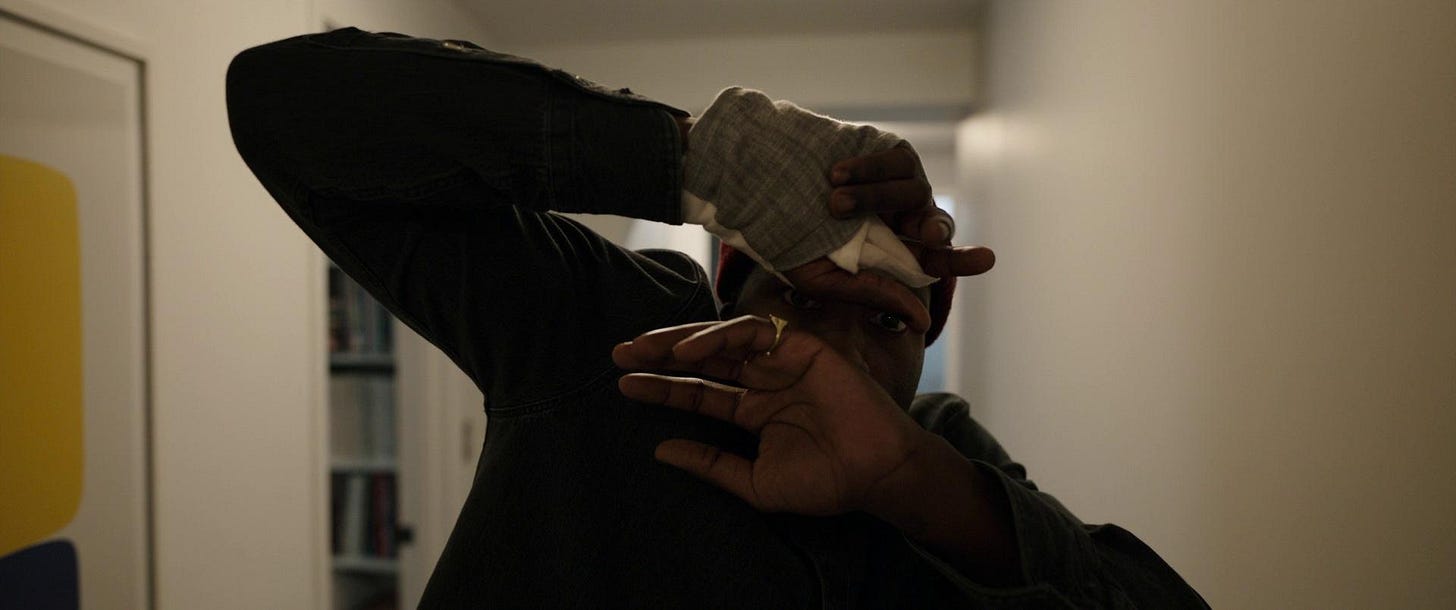
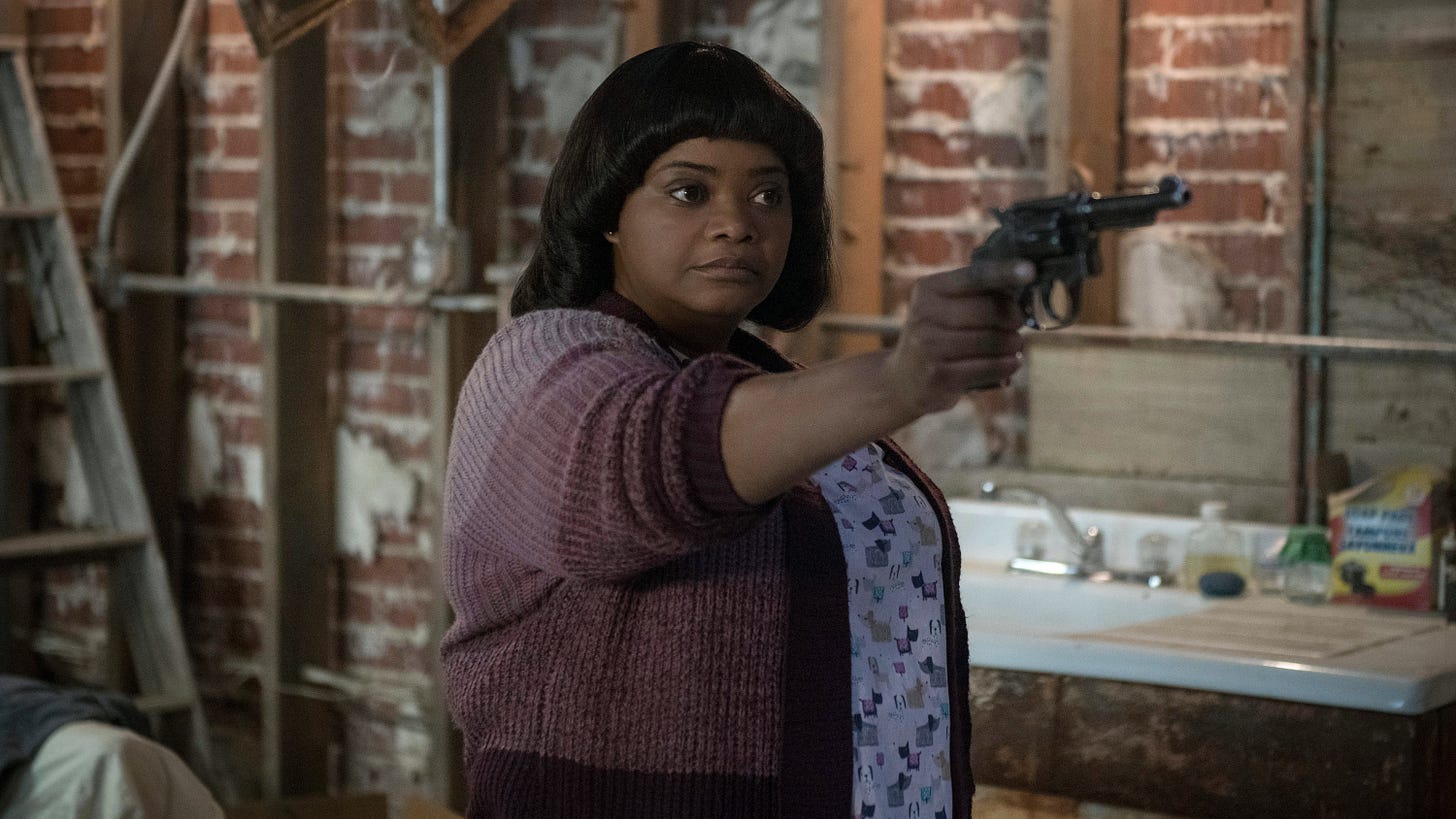
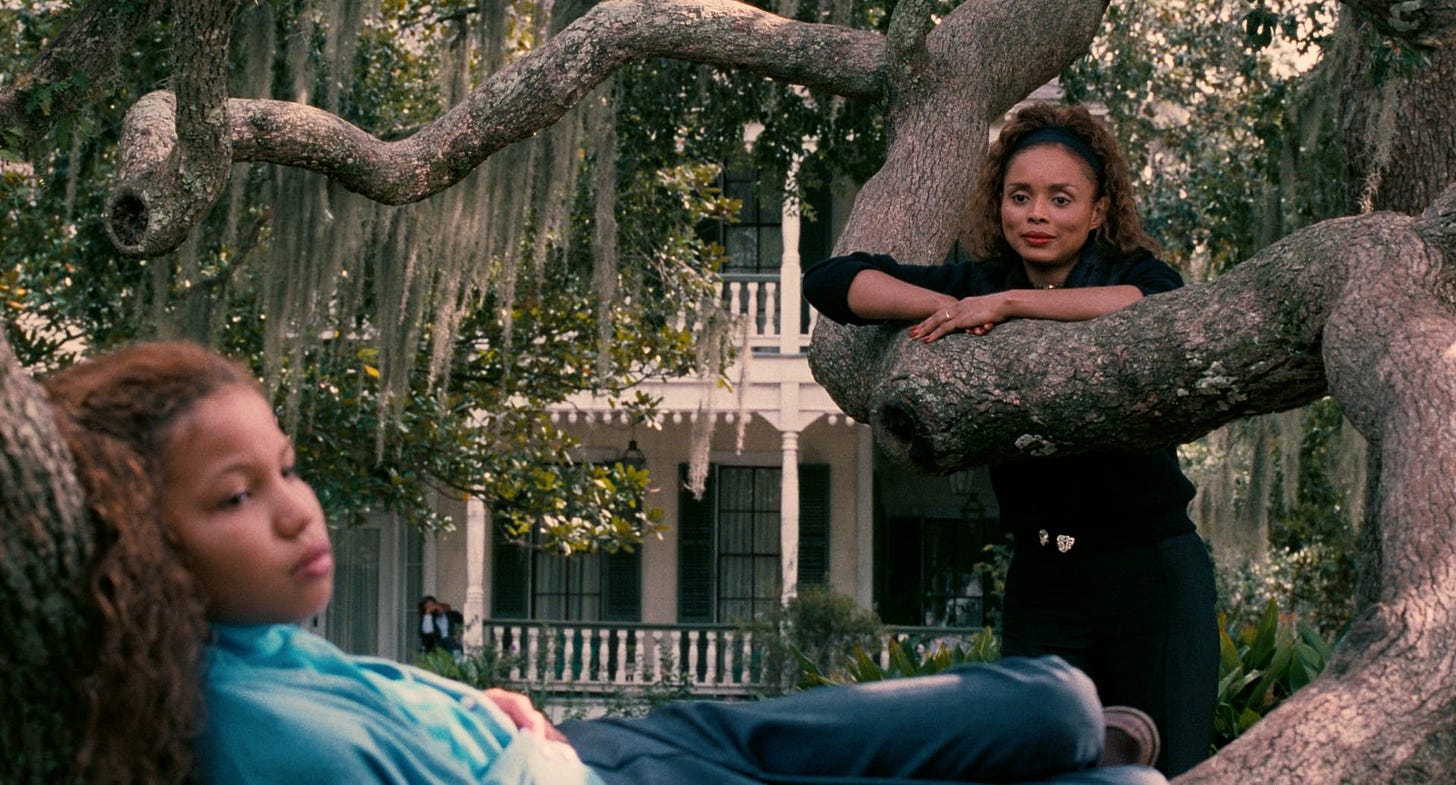
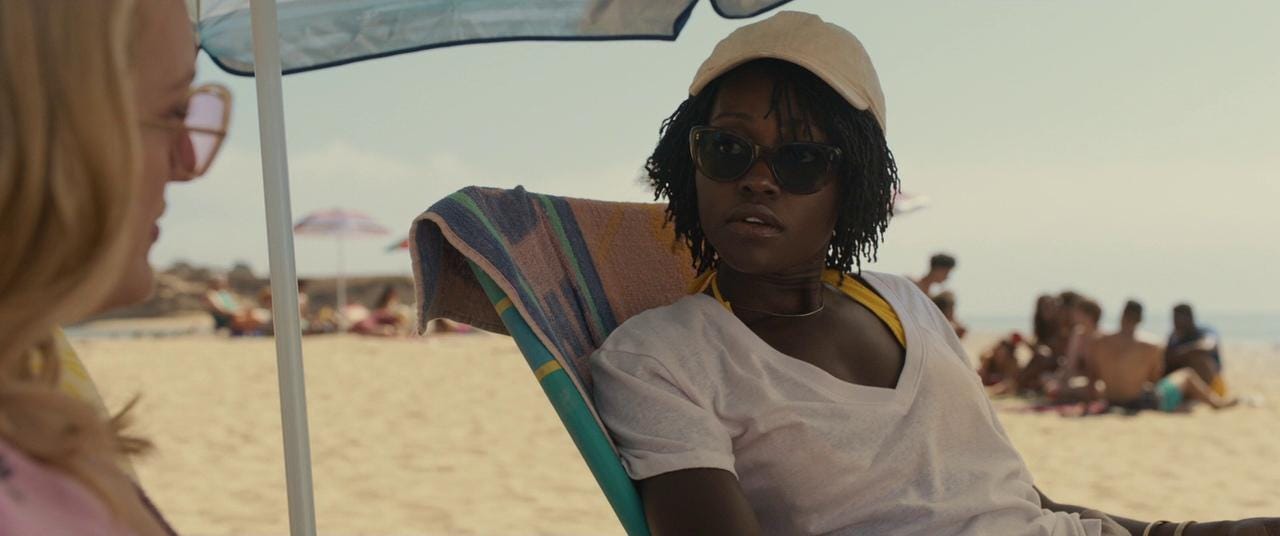
A couple of related films I love are The Fits (2015) and Girlhood (2015, but it’s French so not American obv). I think about Girlhood allllll the time.